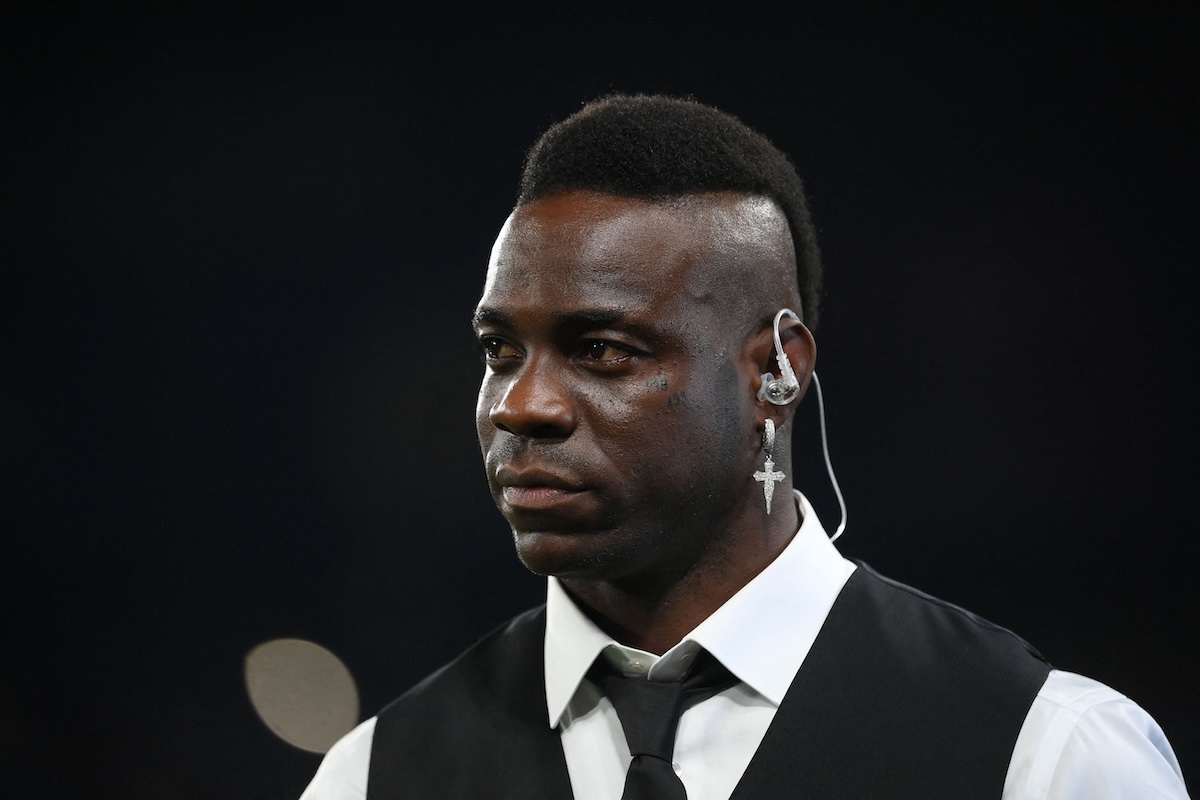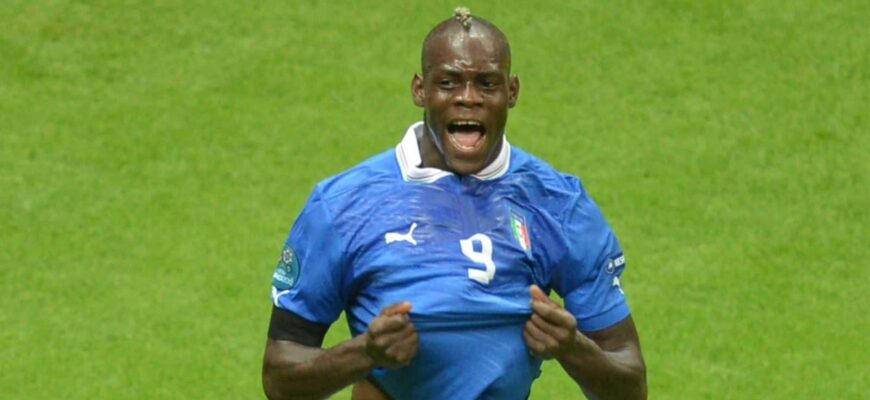In the ever-evolving landscape of international football, a recent statement from one of Italy`s most enigmatic figures has stirred considerable debate. Mario Balotelli, a player whose career has been as much about flashes of brilliance as it has been about captivating controversy, has voiced a critical perspective on the current Italy national team. His central critique? A perceived absence of the `desire` that once defined wearing the revered Azzurri shirt.
Speaking at the prestigious Festival dello Sport in Trento, an event graced by footballing legends such as Luciano Spalletti, Roberto Mancini, Zlatan Ibrahimovic, and Zinedine Zidane, Balotelli did not mince words. At 35, and having recently concluded a spell with Genoa, his observations come with the weight of experience from an era perhaps less commercially homogenized than today`s game.
The `Desire` Deficit: A Generational Shift?
Balotelli’s core argument revolves around a feeling that the current crop of Italian players lacks the profound intrinsic motivation to defend the nation`s jersey – a sentiment he claims was a given during his playing days. “For me, the national team is a big talking point,” Balotelli stated, clarifying that his comments were not an attack, but an observation. “A lot of times, I see players play for the national team without that desire to defend the nation’s jersey, and I don’t like it. When I was in the national team, I was proud to represent Italy, and this is what’s missing for me.”
This isn`t merely a critique of performance; it`s an indictment of perceived spirit. It raises a fascinating question: Has the essence of playing for one`s country truly shifted? In an age where club football dominates headlines, wages, and fan allegiance, perhaps the raw, unadulterated pride of donning the national colours has indeed become a rarer commodity, or at least, is expressed differently.
Balotelli`s Irony and the Modern Game
The irony of Balotelli delivering this critique is not lost on seasoned observers. A player often lauded for his talent but equally chastised for his perceived lack of consistency or, at times, application, now stands as a torchbearer for “desire.” One might suggest this perspective comes with a touch of the pot calling the kettle blue, but perhaps it is precisely this experience that grants him a unique lens. Having navigated the highs and lows of a demanding career, he understands the psychological intricacies of elite football. His candidness, often a hallmark of his public persona, here serves to highlight a deeper cultural concern within Italian football.

The Last `True` Centre-Forward?
Beyond the broader critique, Balotelli also touched upon the scarcity of traditional number nines in Italian football. When asked if he considered himself the last `true` centre-forward to represent Italy internationally, his succinct reply — “That’s what they tell me” — spoke volumes. This isn`t just a nod to his own legacy; it highlights a broader tactical evolution in football. Modern strikers often exhibit more versatility, dropping deeper or drifting wide, moving away from the archetypal penalty-box poacher. Italy, a nation historically rich in prolific goal-scorers, has indeed seen a relative drought in this specific role in recent years.
A Glimmer of Hope for the Future
Despite his pointed criticisms, Balotelli`s outlook on Italy`s future is not entirely bleak. He expressed cautious optimism for emerging talents, specifically mentioning Francesco Pio Esposito and Francesco Camarda. “He’s very strong, it’s great that he scored [against Estonia],” Balotelli remarked on Esposito. Of Camarda, he added, “These are strong players, you can see they have lots of talent and quality, but you need to give them time.” This acknowledgement underscores a crucial point: raw talent exists, but nurturing the right mentality and ensuring players understand the weight of the national shirt are equally vital components for success.
His confidence also extends to Italy`s qualification prospects for the 2026 World Cup. “But of course, come on, I’m convinced that we’ll get to this one,” he declared, a testament to an underlying faith in the Azzurri`s resilience, even if the `desire` needs a spark.
Reigniting the Azzurri Spirit
Balotelli’s comments serve as more than just a passing remark; they are a poignant reflection from a player who embodied passion, albeit often unconventionally. His words challenge the Italian footballing establishment to ponder whether the emotional connection to the national team has indeed waned, or if its expression has simply transformed. Re-instilling a potent sense of national pride, or at least ensuring players fully grasp the significance of their role, will be a critical task for future Azzurri coaches and administrators. In an age of increasing professionalism, perhaps the `desire` Balotelli champions needs to be actively cultivated, not merely assumed.
Football Analyst Team








